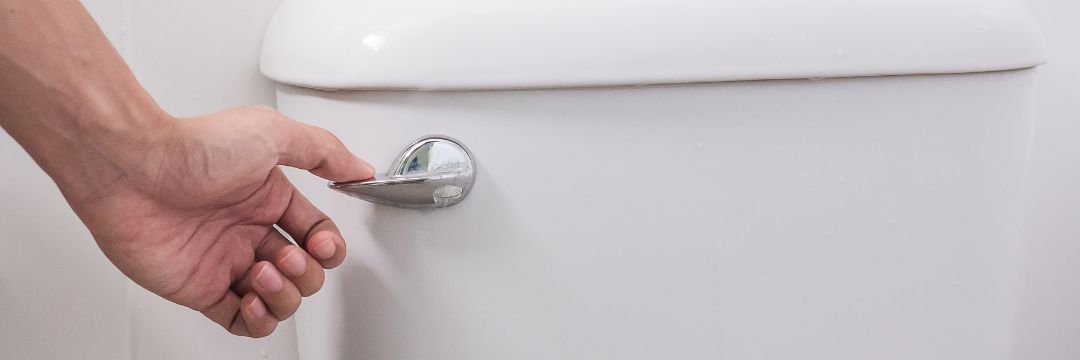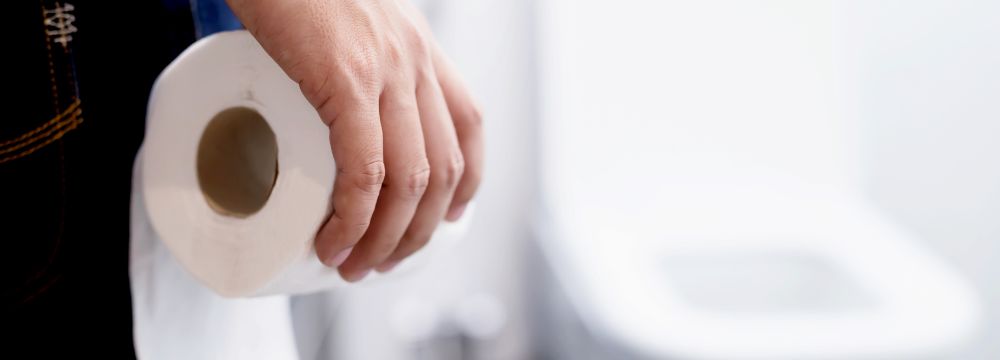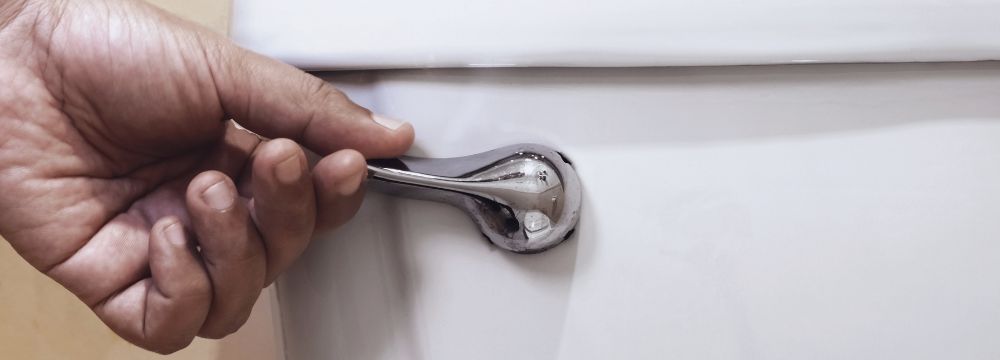Many men experience problems with urination as they get older. Frequent urination, difficulty emptying the bladder, and pain in the bladder or urethra are common. These symptoms can have several possible causes. If you have a recurring UTI (urinary tract infection) that won’t go away, even with treatment, it could be interstitial cystitis.
Interstitial cystitis is sometimes called painful bladder syndrome. The cause is not fully understood, nor are the reasons for the effectiveness of some treatments. Because the symptoms of interstitial cystitis are very similar to other more common conditions, diagnosing it begins with a process of elimination.
For men, many times, the symptoms of persistent pressure and feeling a need to urinate, along with frequent urination and the inability to empty the bladder fully, are signs of an enlarged prostate. This is quite common in older men, with the vast majority affected by age 80. The prostate presses down on the urethra, making urine flow out of the bladder difficult. Because urine is trapped in the bladder, the man may contract a UTI. Bacteria will multiply in the bladder when urine is present for an extended period. UTIs are easy to treat with antibiotics but will come back unless the patient makes lifestyle changes or addresses the enlarged prostate with medication or surgery.
For interstitial cystitis, your urologist will examine you to see if your prostate is enlarged and take a urine culture to see if there is a bacterial infection. If these are not causing your symptoms, the doctor will test you for interstitial cystitis. Cystoscopy is a test to measure how much urine your bladder can hold. A camera on the end of a thin tube allows the doctor to examine the bladder’s lining.
Once other diagnoses have been ruled out, your doctor may test you for potassium sensitivity. For unknown reasons, patients with interstitial cystitis experience pain when a potassium solution is inserted into the bladder.
Interstitial cystitis is a chronic condition with no known cure. Several treatment options may work better for some people than others. To reduce the amount of urine the patient has to eliminate, the patient may be asked to avoid caffeine, alcohol, carbonated beverages, and others with a lot of vitamin C. Other options include oral medications, bladder training (urinating on a schedule), medicines inserted into the bladder, or bladder distention (expanding it by inserting water).
Symptoms are likely to come and go, and working with the right urologist to find an effective treatment can help you to live your life normally without being concerned about your bladder—Dr—Richard Natale of Carolina Urology practices in Concord and Charlotte, North Carolina. Dr. Natale is a board-certified urologist with experience in the latest leading-edge treatments for men’s health conditions. Call (704) 786-5131 or request an appointment online today.





